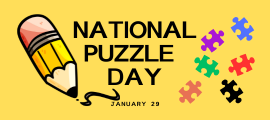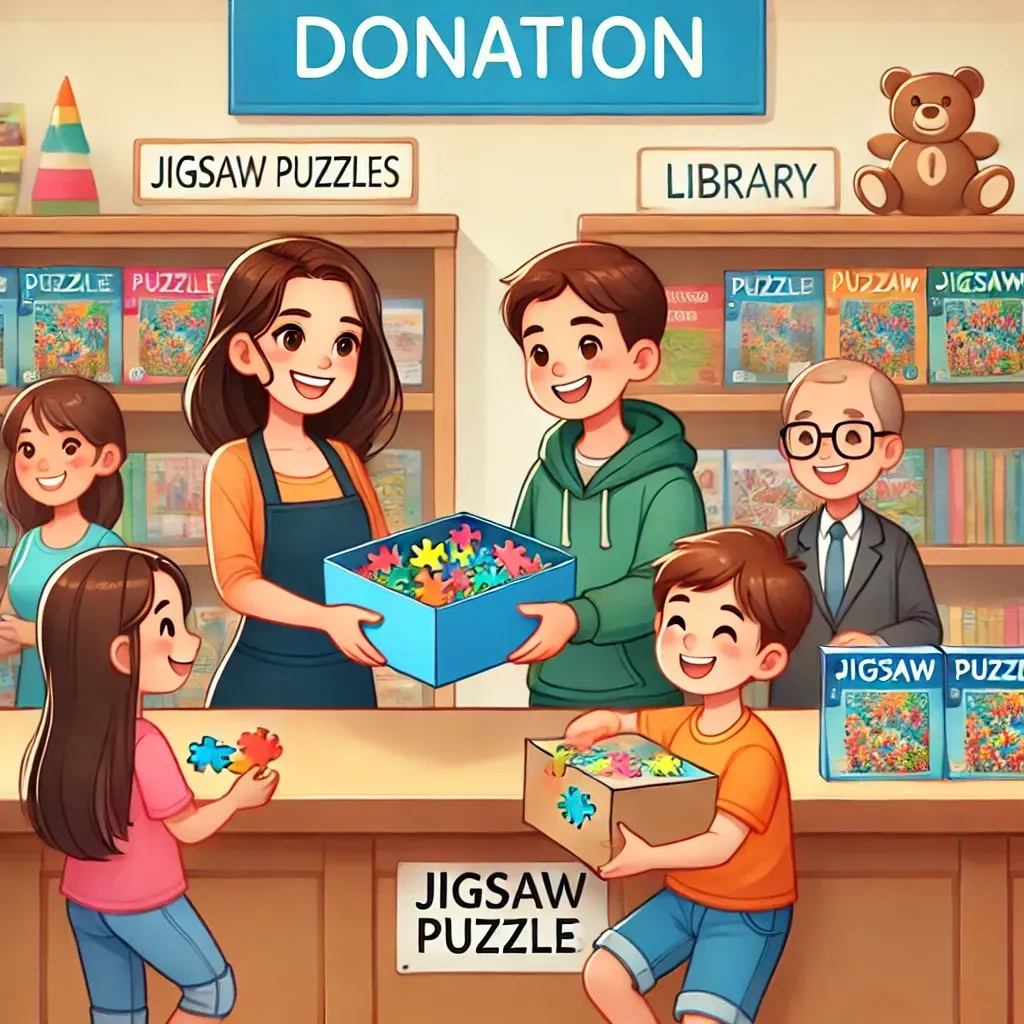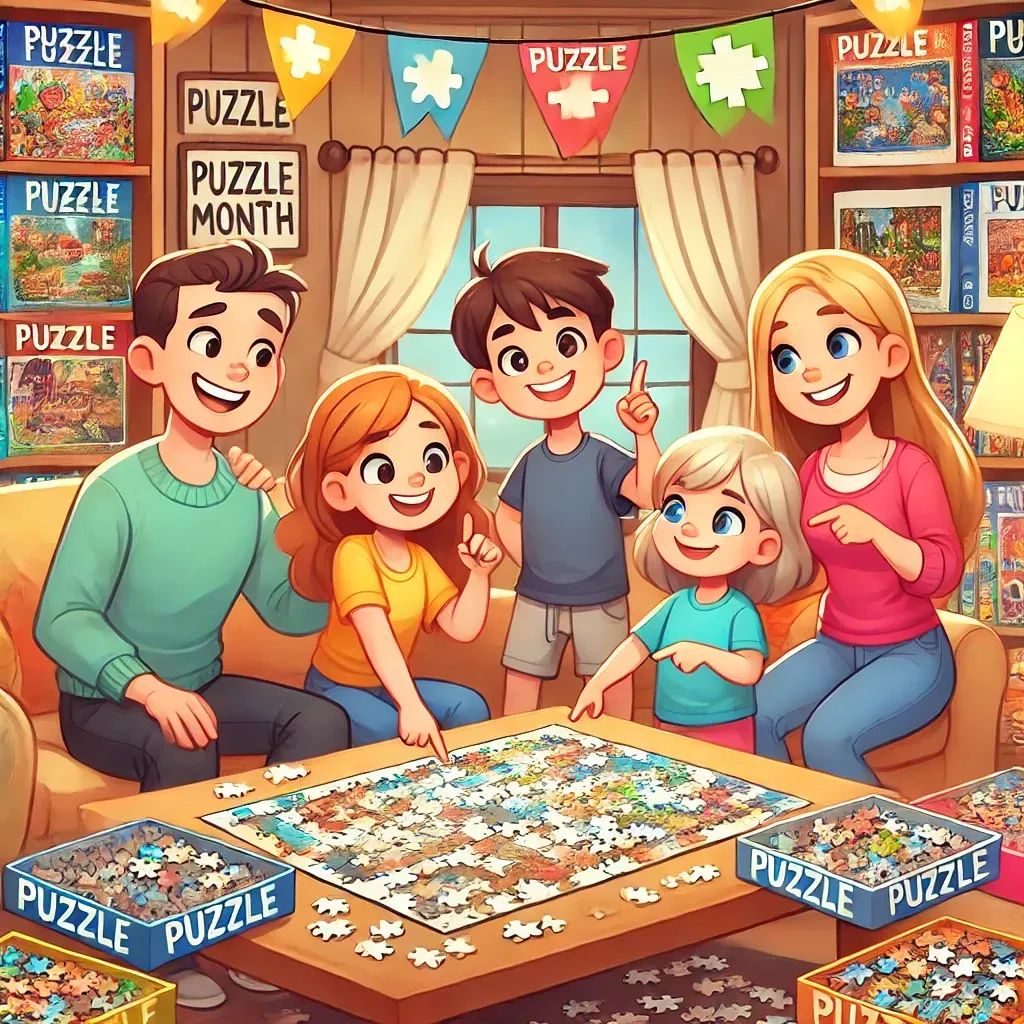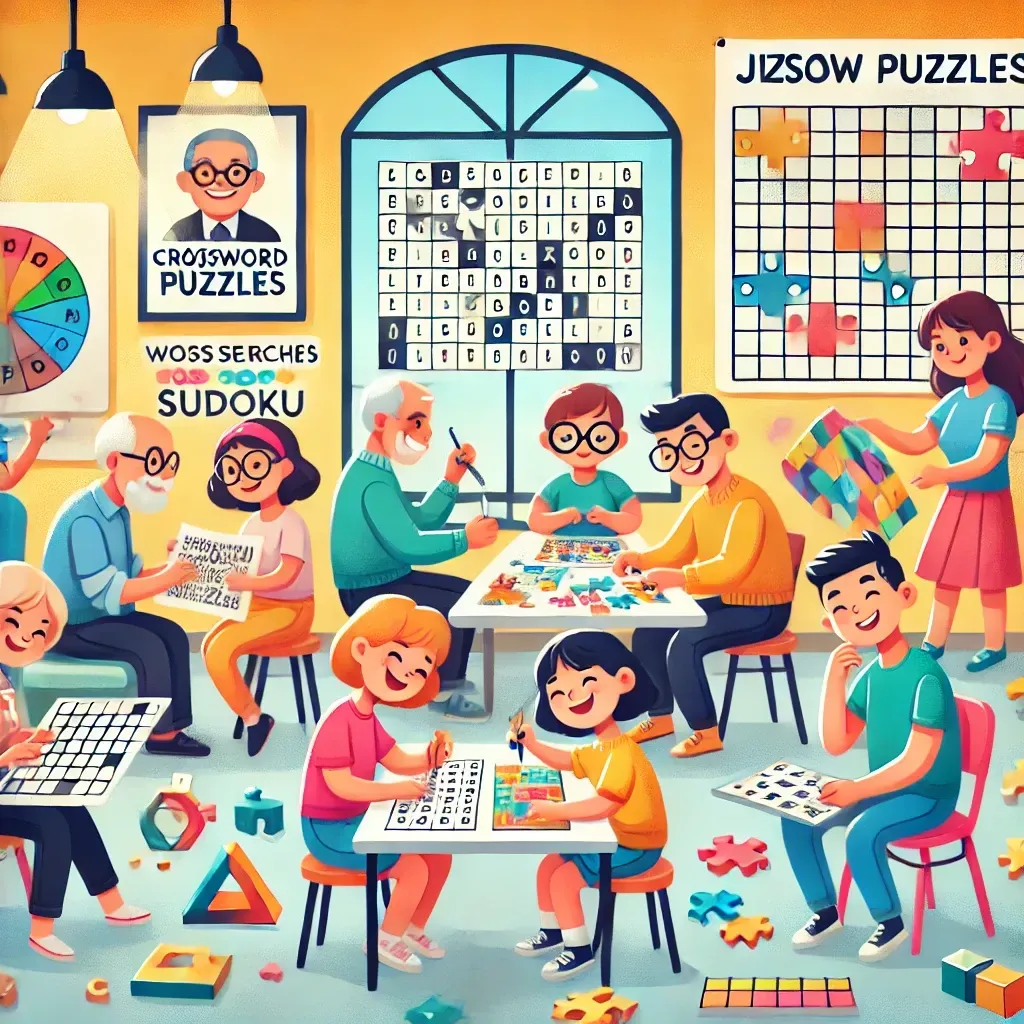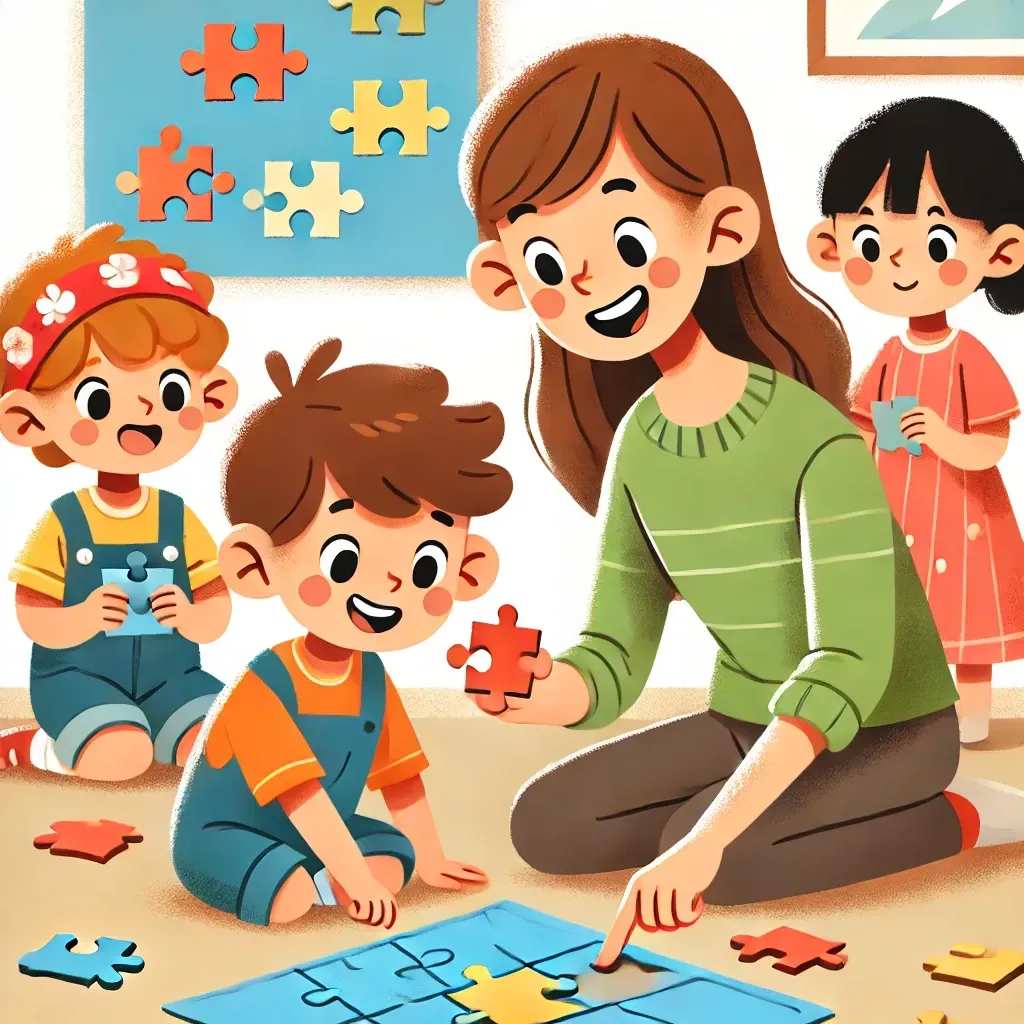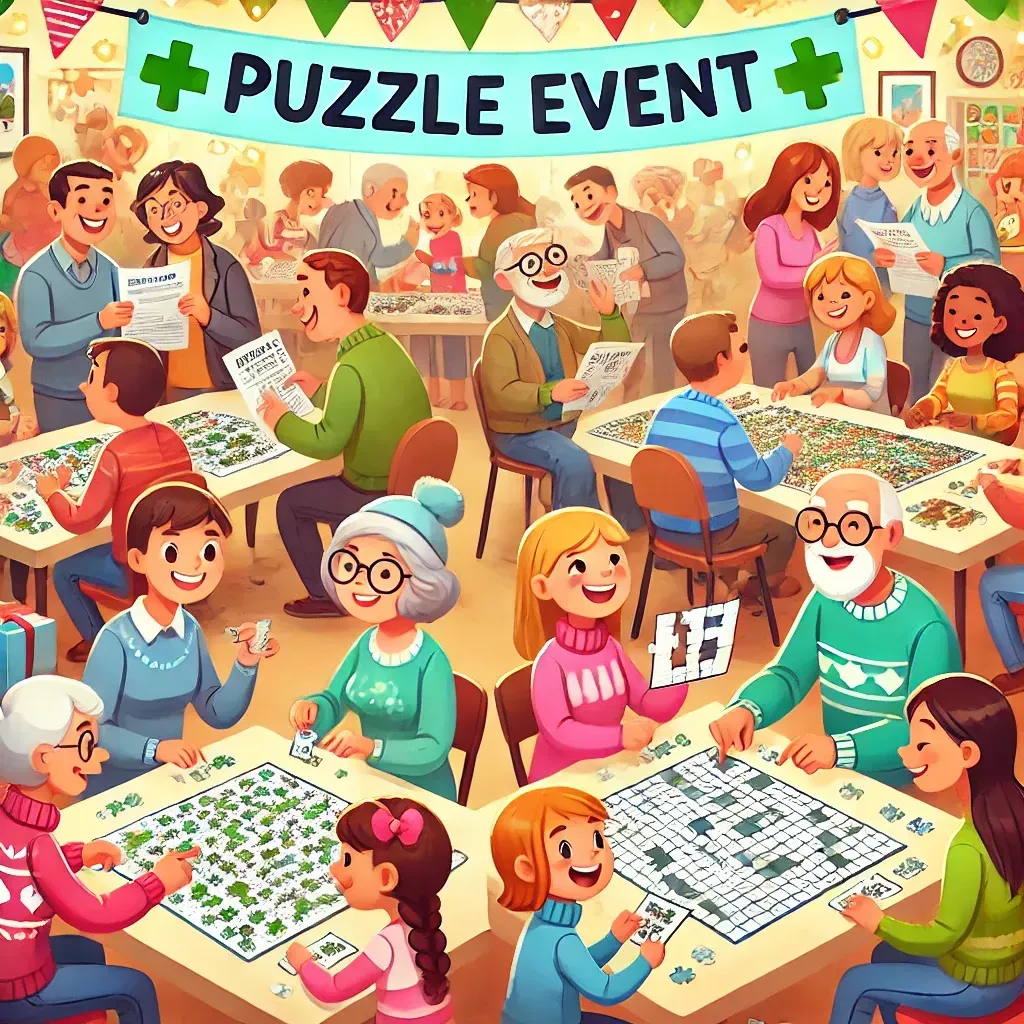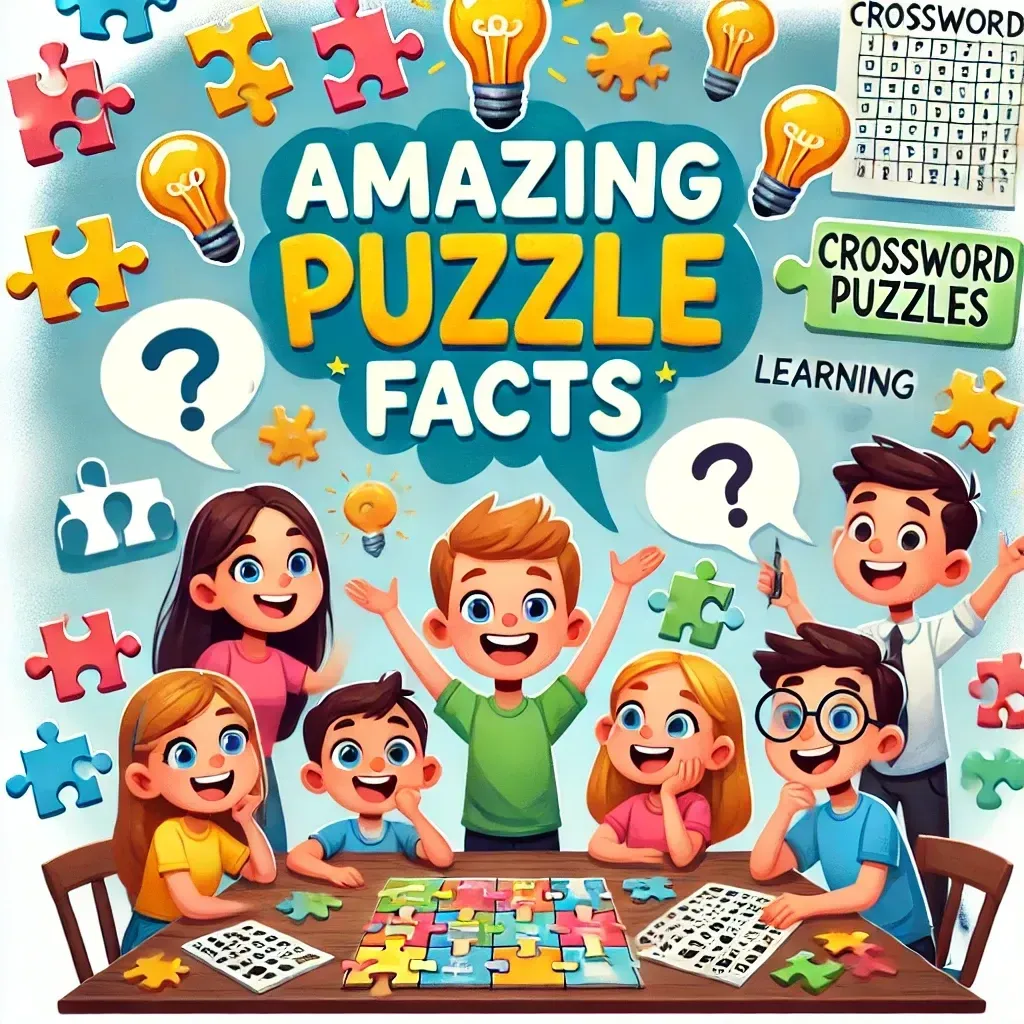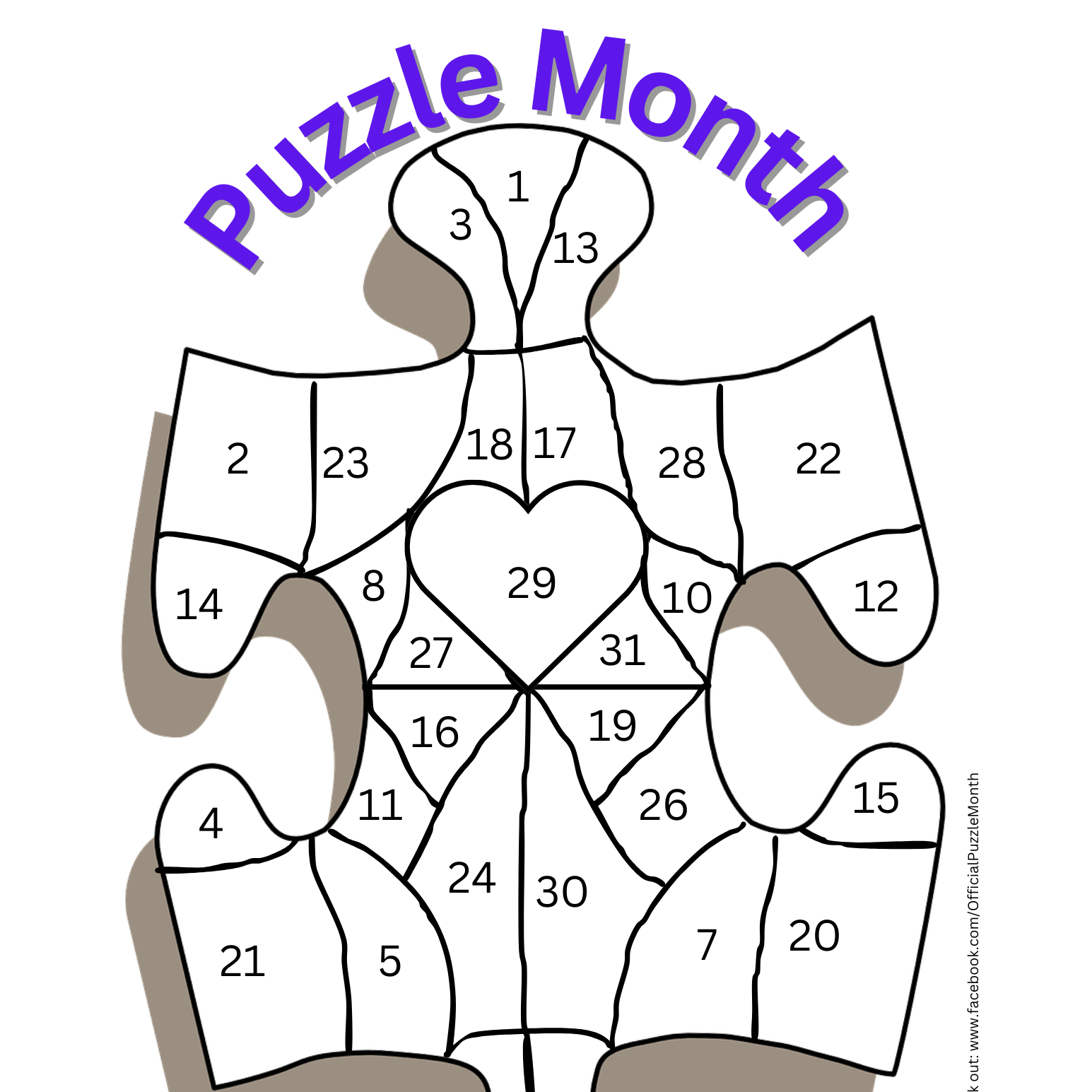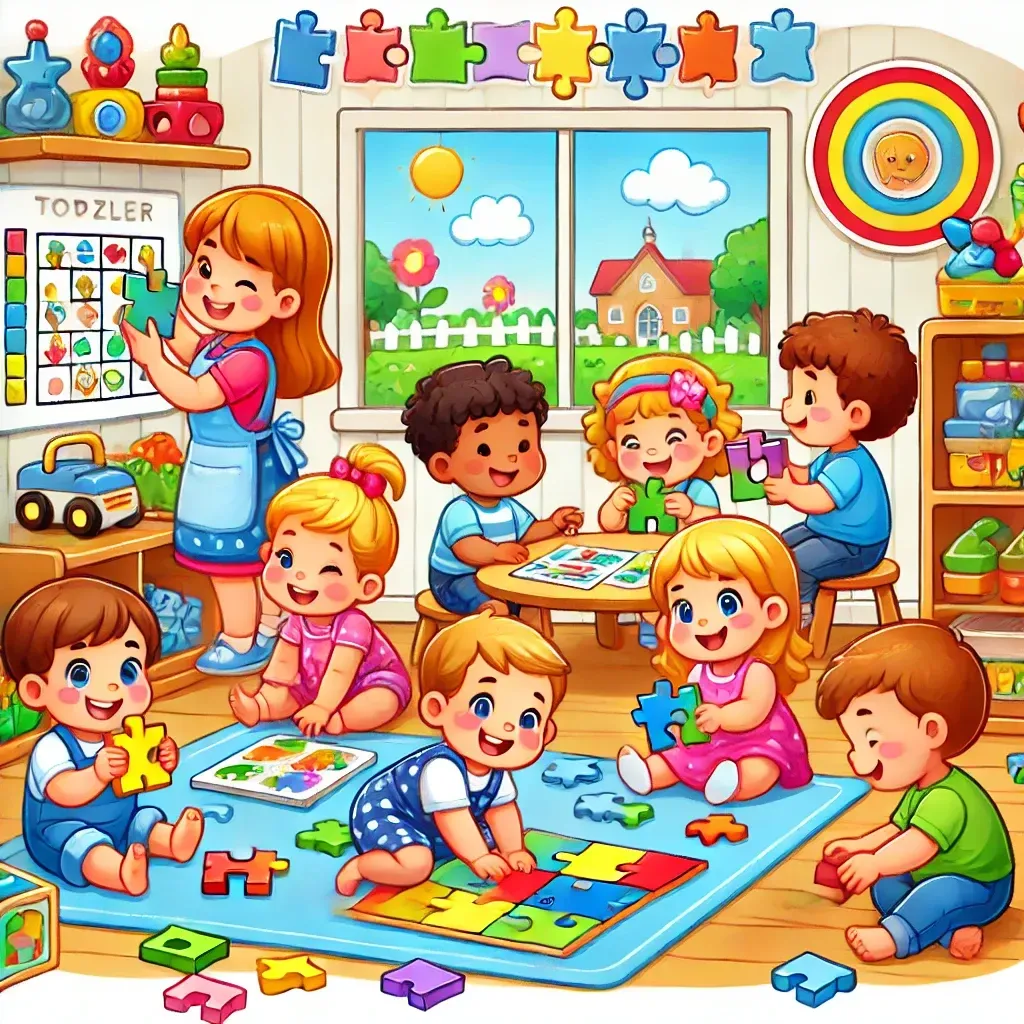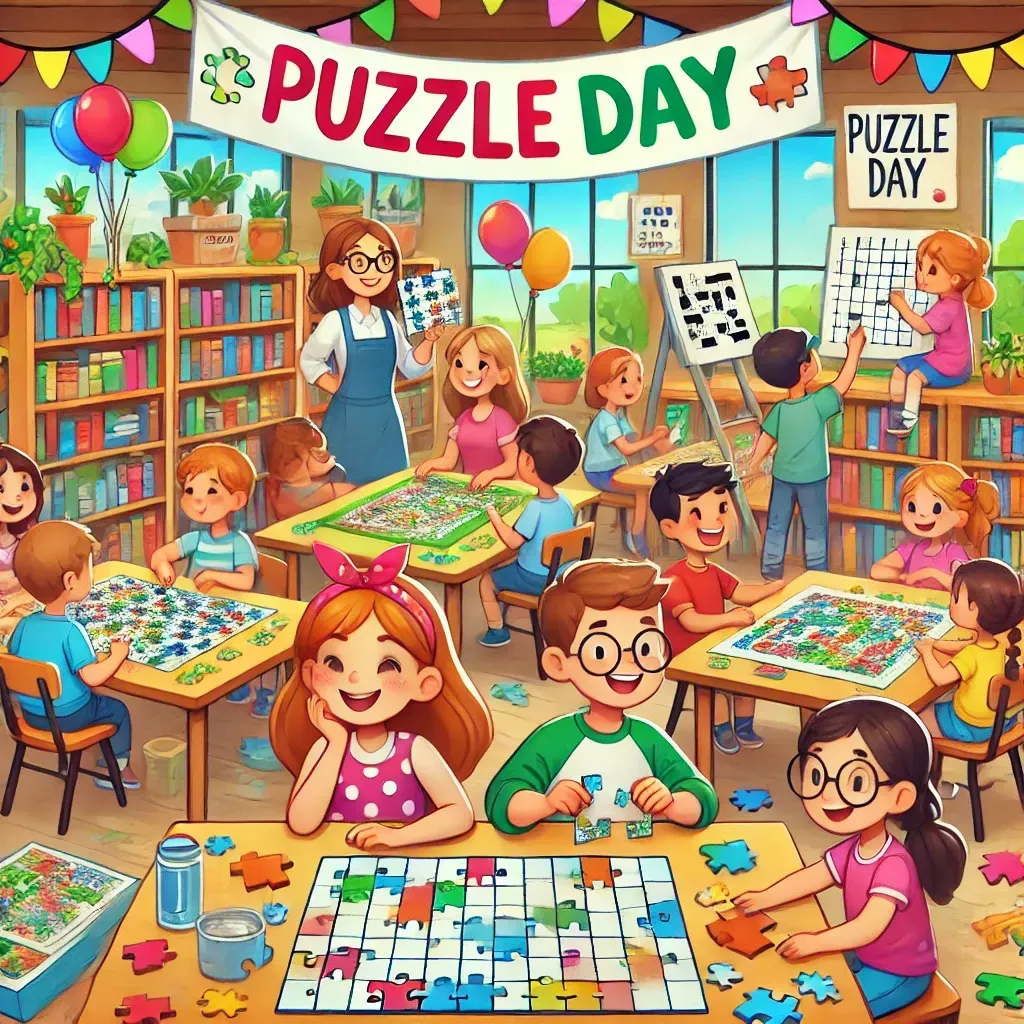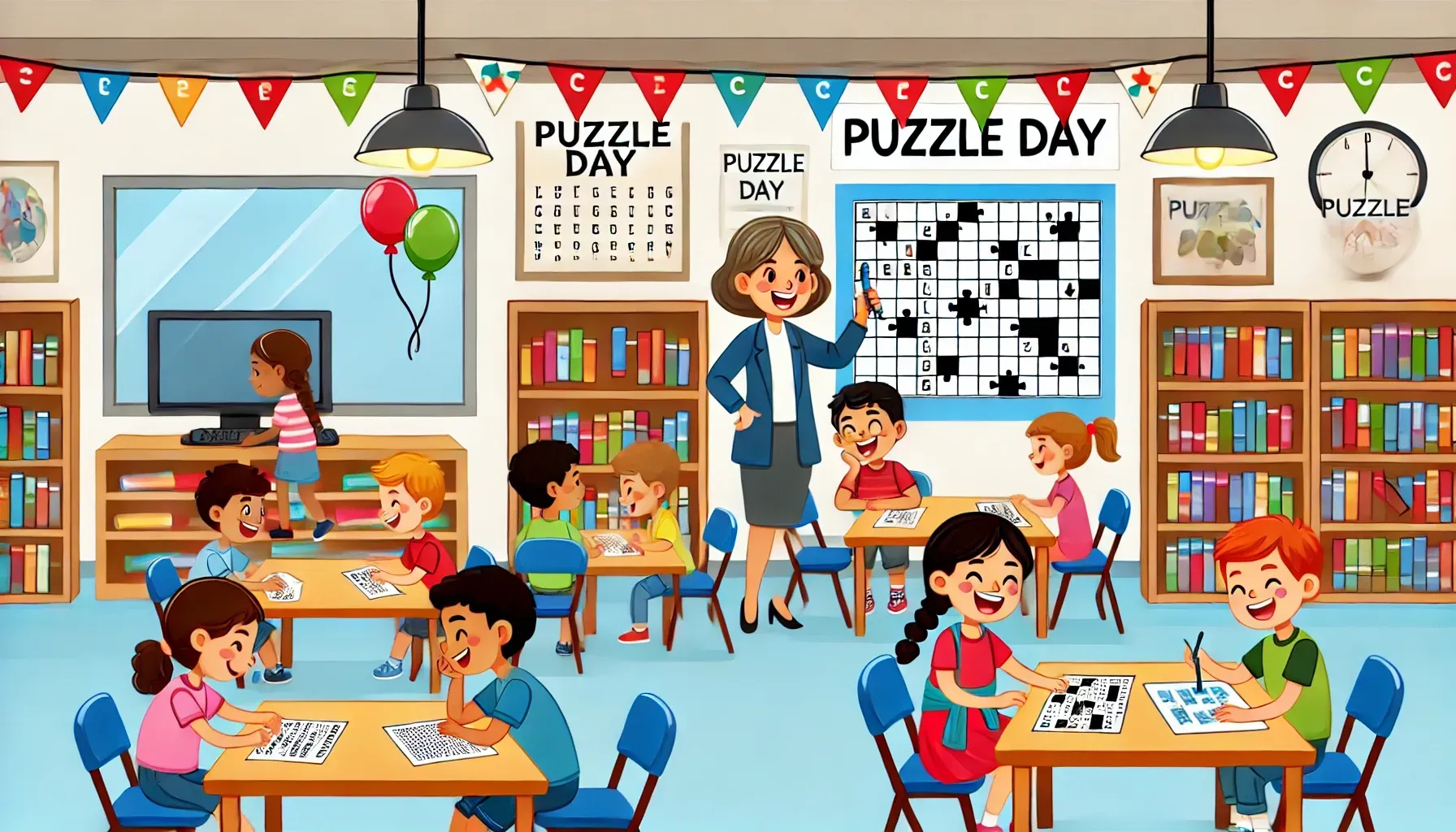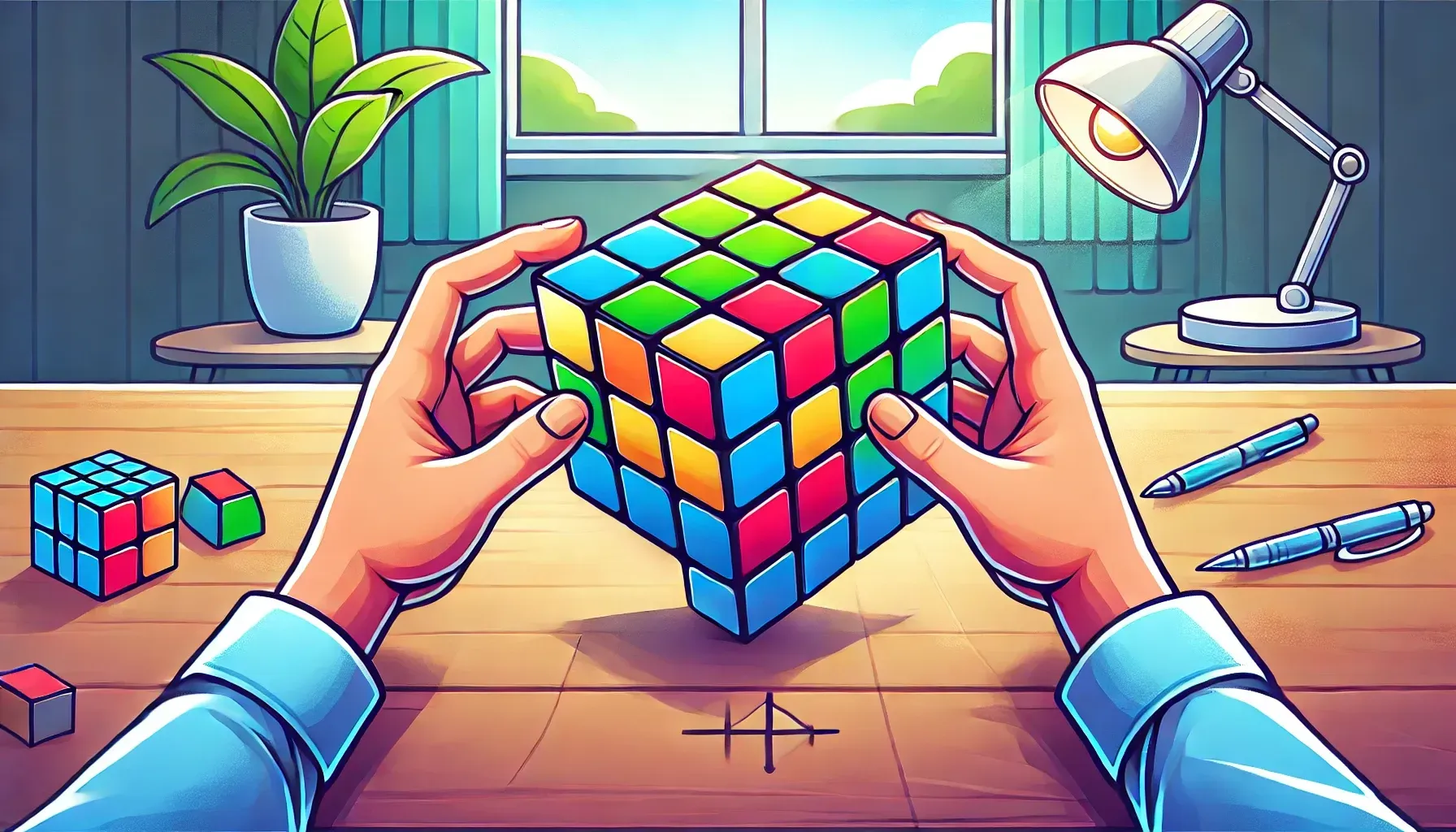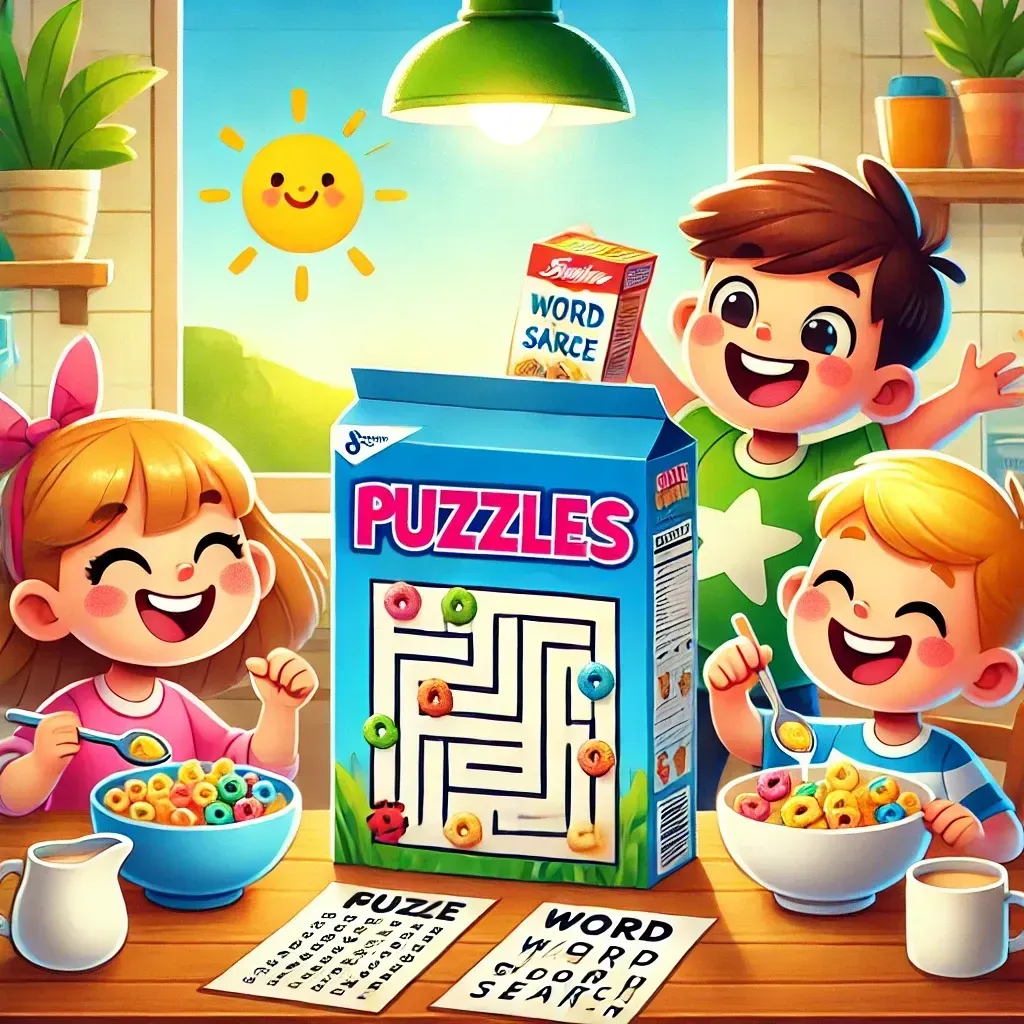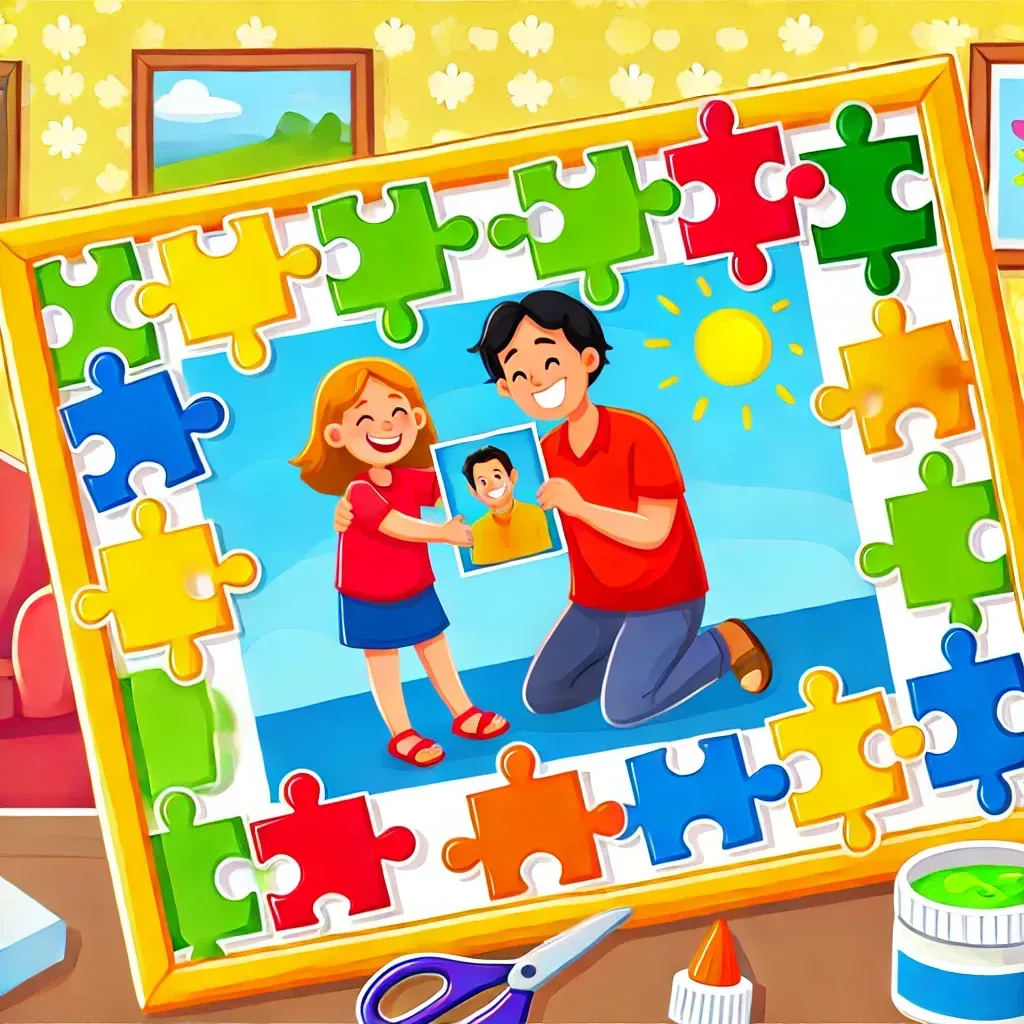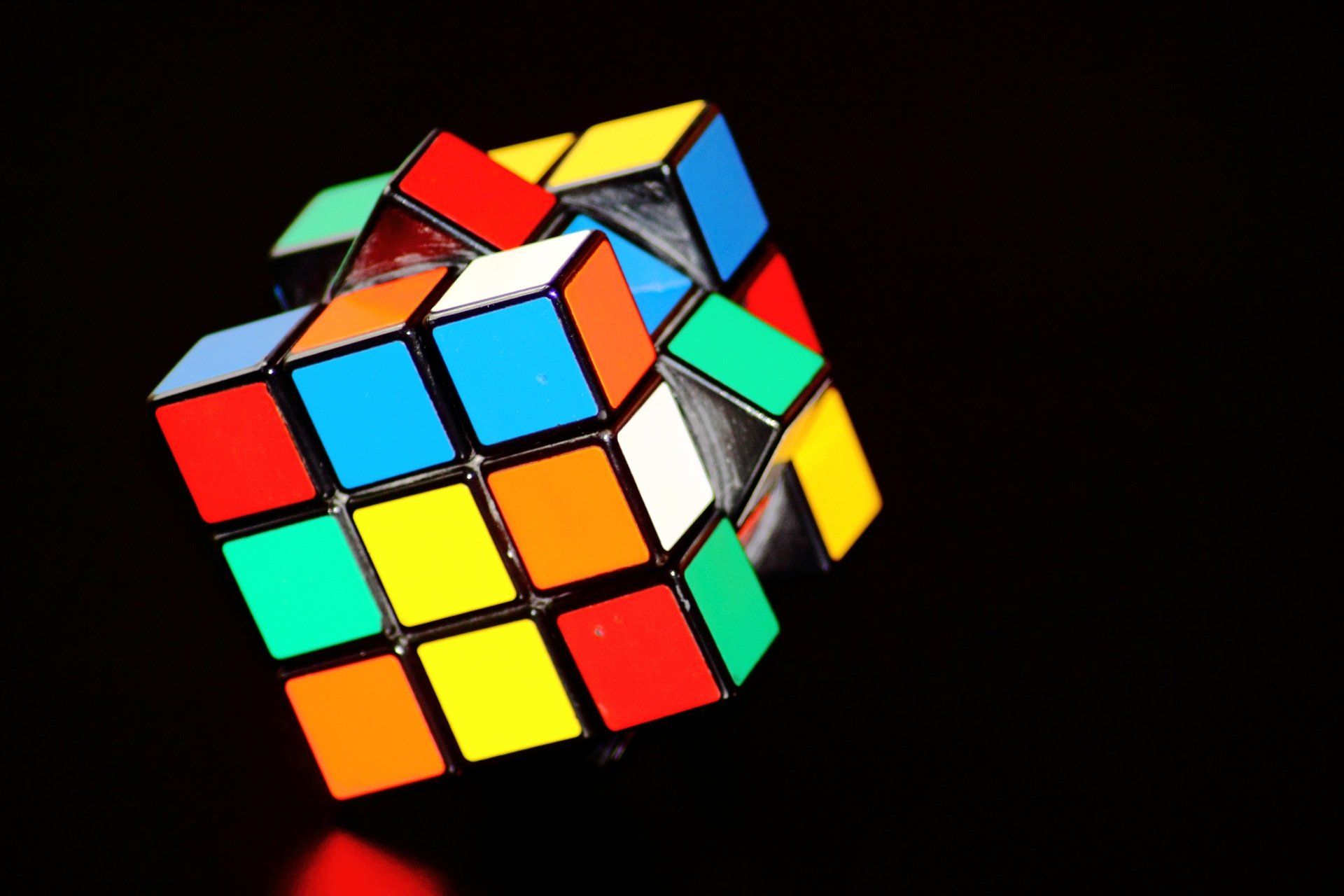The Science Behind Puzzles: Why They’re Good for Your Brain
Puzzles and Your Brain: A Perfect Match
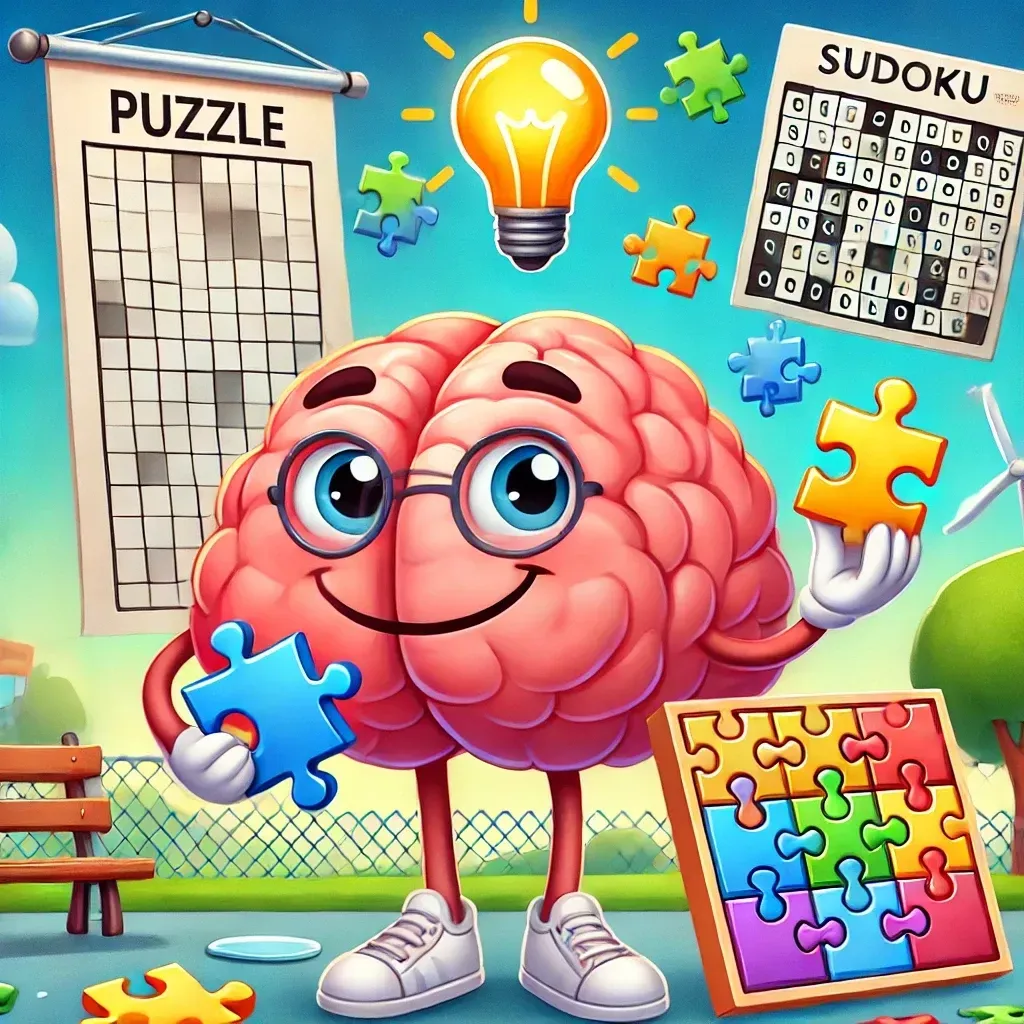
If you’ve ever sat down with a crossword, tackled a jigsaw puzzle, or solved a Sudoku, you know the joy of that “aha!” moment when the pieces fall into place. But have you ever wondered why puzzles are so satisfying and why they’re more than just a fun pastime? It turns out puzzles are like a gym workout for your brain. Let’s dive into the science behind puzzles and why playing them is one of the best habits you can adopt for your mental health.
Puzzles Help Your Brain:
When you solve a puzzle, your brain is hard at work firing on all cylinders. This activity engages multiple areas of the brain, which helps enhance cognitive function. Let’s break down what’s happening in your brain when you play:
Memory Boost:
Many puzzles, like crosswords and memory games, rely on your ability to recall facts, patterns, or previous moves. This stimulates your short-term memory and strengthens connections in your brain. Studies have shown that regularly challenging your brain with puzzles can improve memory and may even delay cognitive decline as you age.
Problem-Solving Skills:
Every puzzle requires critical thinking. Whether it’s figuring out where a jigsaw piece fits or deciding the next number in a Sudoku sequence, puzzles force you to think strategically and creatively. This mental juggling builds neural pathways, improving your ability to tackle real-life challenges.
Improved Concentration:
Puzzles demand focus. As you immerse yourself in the challenge, your brain hones its ability to concentrate for longer periods—a skill that benefits everything from your work to your hobbies.
Feel-Good Chemicals:
Solving puzzles releases dopamine, the “feel-good” neurotransmitter associated with reward and pleasure. Every small success, like finding the right word or fitting a puzzle piece perfectly, gives your brain a hit of dopamine, motivating you to keep going.
The Lifelong Benefits of Puzzles
A Defense Against Aging
Cognitive decline is a natural part of aging, but puzzles can slow this process. Research has found that engaging in mentally stimulating activities, like puzzles, can help build cognitive reserve, essentially creating a buffer that delays the onset of conditions like dementia and Alzheimer’s disease.
In fact, a study published in the journal Neurology found that older adults who regularly engage in puzzles and similar activities have better memory, reasoning, and processing speed compared to those who don’t.
Stress Reduction
Life can get hectic, and puzzles offer a simple way to unwind. When you focus on solving a puzzle, you enter a state of flow, a meditative state where time seems to melt away. This mindfulness effect can reduce stress and anxiety, leaving you refreshed and recharged.
Team Building and Social Connection
Puzzles aren’t just a solo activity. Collaborative puzzles—like escape room games or large jigsaws—can foster teamwork, communication, and a sense of shared accomplishment. Even casual crossword chats or online puzzle apps with friends can build social bonds, which are crucial for emotional well-being.
Why You Should Keep Playing Puzzles
If you’ve ever thought puzzles were just for kids or “something to pass the time,” think again. They’re one of the easiest, most accessible ways to keep your brain active, no matter your age. Here are a few reasons to make puzzles a lifelong habit:
- Puzzles are Portable and Flexible. Puzzles come in so many forms—crosswords, riddles, logic puzzles, apps, and physical jigsaw puzzles. You can do them anywhere: on your commute, during a coffee break, or as a weekend wind-down activity.
- They Foster Continuous Learning. Puzzles challenge your brain to think in new ways, expanding your knowledge and mental agility. For example, word puzzles can improve your vocabulary, while logic puzzles sharpen your reasoning skills.
- They're Fun! Let’s not overlook the joy factor. Solving a puzzle is inherently rewarding, whether it’s the thrill of finishing a 1,000-piece jigsaw or cracking a tricky riddle. This sense of accomplishment boosts self-esteem and keeps you motivated to try new challenges.
How to Incorporate Puzzles Into Your Routine
If you’re ready to start (or continue) your puzzle journey, here are some tips to make it a regular part of your life:
Start Small
If you’re new to puzzles, begin with something simple, like a daily crossword or a 100-piece jigsaw. Gradually work your way up to more complex puzzles as your skills improve. Focus during the time you set aside.
Make It a Group Activity
Host a puzzle night with friends or family. Collaborative puzzles can turn into bonding experiences and make the challenge more enjoyable.
Mix It Up
Try different types of puzzles to keep things interesting. You can alternate between logic puzzles, word searches, and strategy games to give your brain a well-rounded workout.
Set Aside Time
Dedicate a few minutes each day to puzzles. Treat it like a brain exercise routine—consistent effort pays off.
The Bottom Line
Puzzles aren’t just a source of entertainment—they’re a way to keep your mind sharp, your stress levels low, and your confidence high. Whether you’re eight or eighty, the benefits of puzzles are undeniable. So the next time you pick up a crossword or sit down with a jigsaw, remember: you’re not just having fun; you’re investing in your brain health.
Keep puzzling, keep smiling, and keep challenging your brain. You’ll thank yourself for it later!
